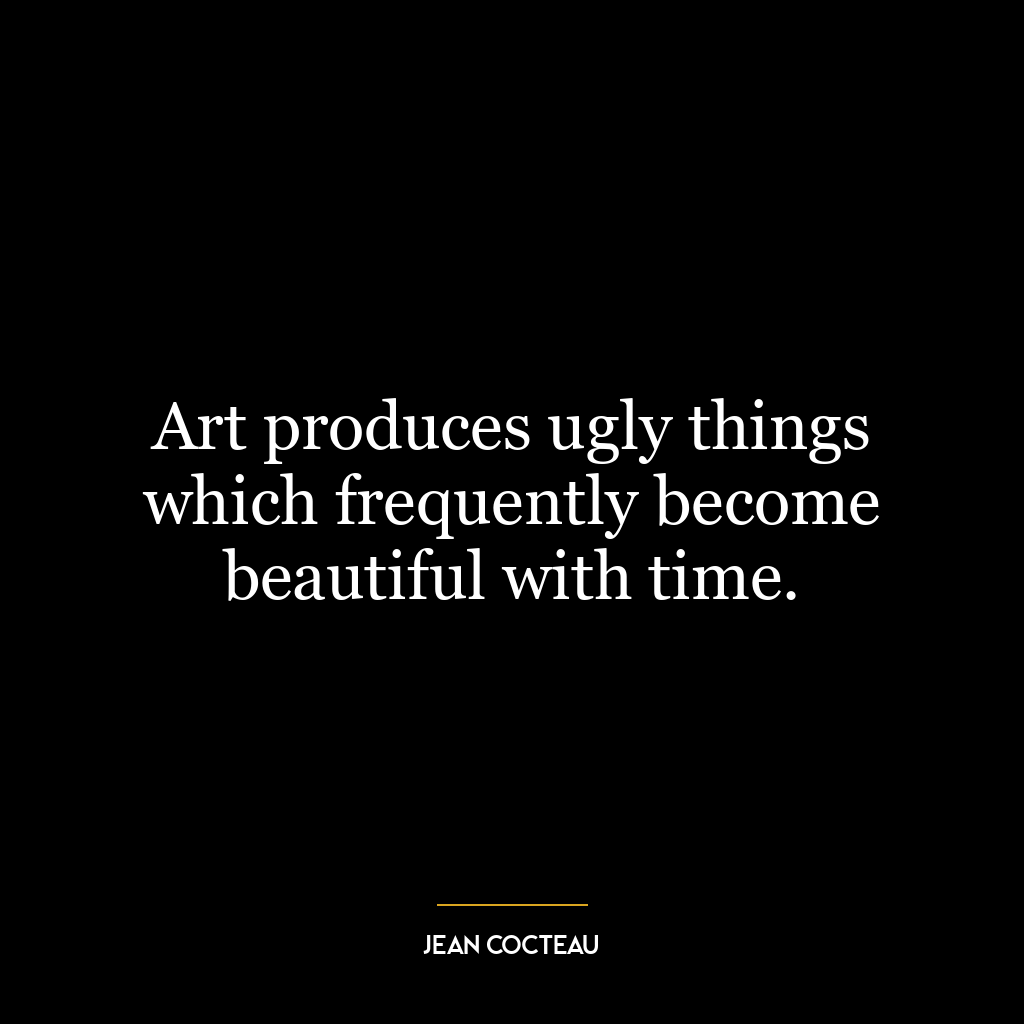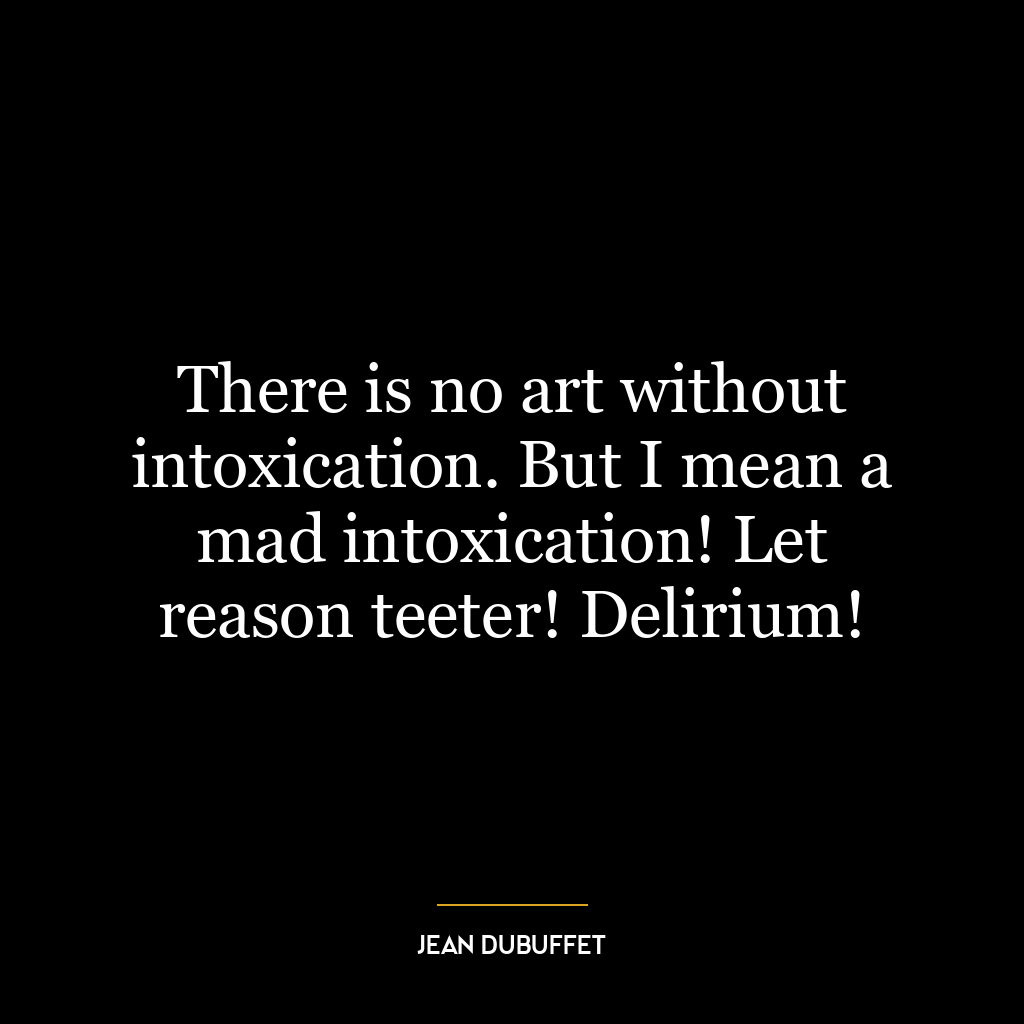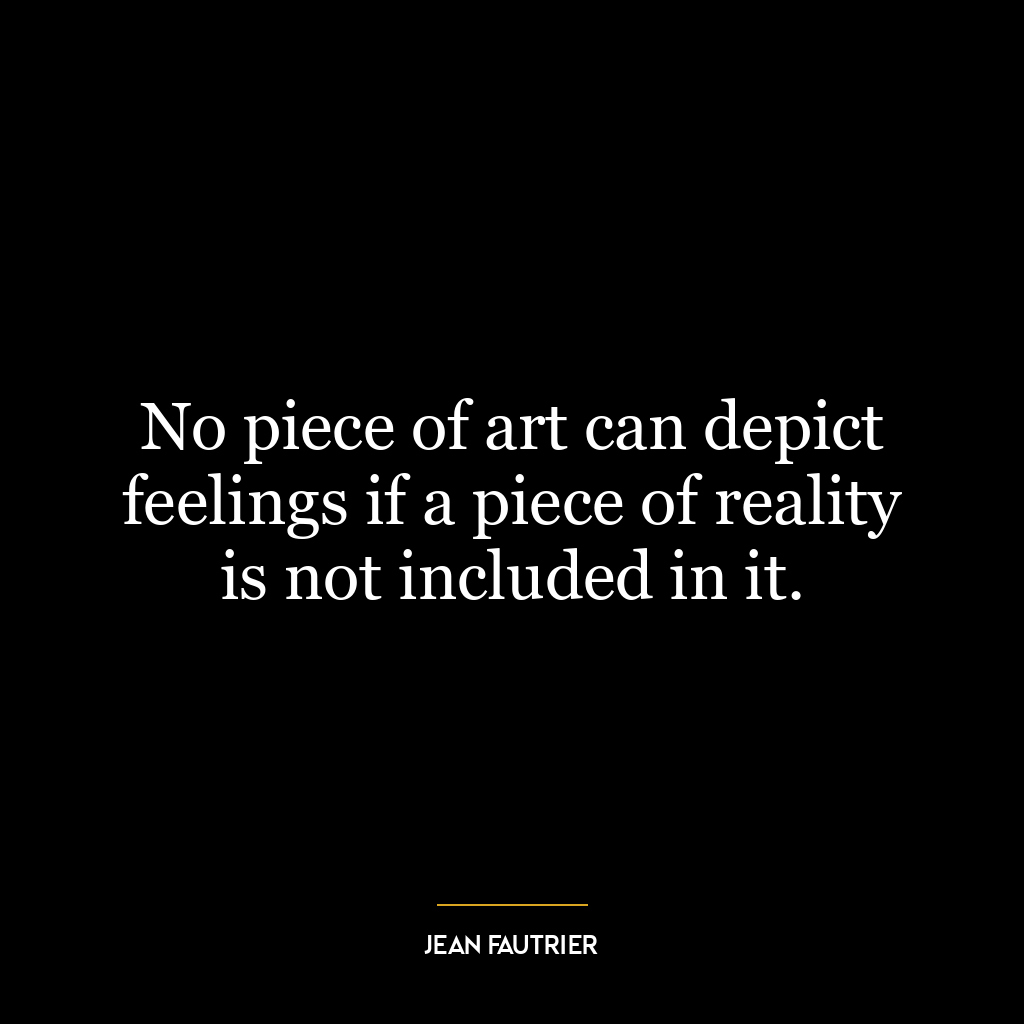All truths, not merely ideas, but truthful faces, truthful pictures or songs, are highly beautiful.
This quote essentially speaks to the inherent beauty found in authenticity and truth. It suggests that anything, whether it’s an idea, a face, a picture or a song, when it is truthful or genuine in its essence, holds immense beauty. This is because truth has an intrinsic value that transcends superficiality and artificiality.
The quote implies that true beauty lies not just in physical appearances but also in intellectual and emotional honesty. A ‘truthful face’ could refer to someone who does not hide behind masks of deception but presents themselves as they truly are. Similarly, ‘truthful pictures or songs’ might mean art that reflects genuine emotions or experiences rather than fabricated ones.
Applying this concept to today’s world can be seen through various lenses – social media being one of them. Today’s digital age often encourages individuals to portray an idealized version of their lives which can sometimes lead to feelings of inadequacy among viewers who compare their own lives with these seemingly perfect ones. However, embracing Gandhi’s notion would mean valuing authenticity over perfection on such platforms – sharing real experiences and emotions instead of curated highlights.
In terms of personal development too this idea holds great significance as it promotes self-acceptance and genuineness over societal expectations or norms. It encourages individuals to embrace their truths – strengths as well as flaws – thereby fostering self-love and confidence.
Moreover, from a broader perspective, the quote could be interpreted as advocating for transparency in all aspects of life – politics, business etc., suggesting that honesty leads not only to ethical practices but also contributes towards creating something beautiful.
In essence then the quote urges us all towards embodying truthfulness – within ourselves and our creations – for therein lies unparalleled beauty.








